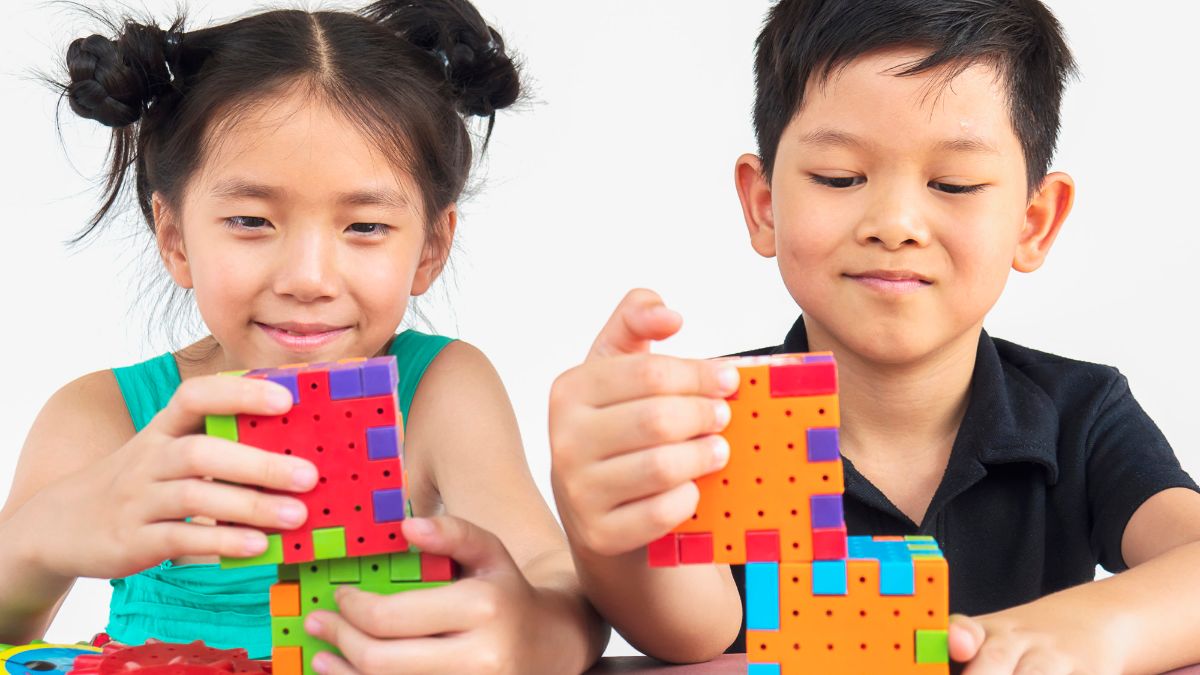
There are many successful people out there who were diagnosed with ADHD as children and teens. While it’s not a secret that most doctors find that ADHD may have hyperactivity or an inability to focus and regulate impulses, these symptoms can be beneficial in many situations – particularly for those who don’t fit into the traditional classroom mold.
But with increased awareness about ADHD comes greater pressure to succeed academically and other expectations such as being groomed socially and professionally. That leads to more students struggling both at home and at school. Although many ADHD students struggle in school, the good news is that they are not alone. This article explains ways to help children with ADHD be successful in school.
1. Help your child create a routine and stick to it
When it comes to the school day, it’s important to give your child a positive start by starting on time and having some predictability in the morning routine. Whether your child can move around before heading off to school or has to sit still for breakfast with the family, make sure as much as possible is routine and predictable.
Although your child may need reminders about doing homework and getting ready for bedtime, you’ll also want to have select times when there are no reminders needed at all. It’s ideal when part of the morning routine involves getting dressed independently, reading a book, or even checking homework without any reminders.
2. Seek the assistance of an ADHD therapist
Some therapists specialize in helping children with ADHD succeed in school. They’ll be able to offer you different ideas and insight on how to help your child before it becomes a serious issue.
This therapist will be able to work with your child’s school during the critical early years that are essential for their future success. They must learn what behaviors are acceptable in a classroom and other social settings, which can be achieved through the skills and techniques provided by a therapist. Read these tips to find an ADHD therapist. The goal is to ensure your child feels comfortable and accepted in school, with the right level of motivation, social and emotional support, discipline, and organization skills.
They’ll also be able to provide you with information on other points of assistance for your child’s education. Suppose a child has a learning disability or any other diagnosis that affects their performance in school. In that case, some organizations can help them with various accommodations that will allow them to succeed in their educational pursuits. There are many forms of behavioral or ABA therapy to try.
3. Structure the school day
Although we all know that no matter what your child needs to learn and be taught, it’s important to introduce structure into their hectic life. A child with ADHD will never be able to retain information if everything is chaotic and unpredictable. A structured approach in a classroom with homework and homework assignments can help the students learn.
There should be a way to account for absences so that the student knows exactly how many minutes they have left before school starts.
4. Help your child with stress management
Stress can affect learning, and a child with ADHD will find it difficult to control their emotions and manage the stressors that come their way.
These stressors may include problems at school, worries about peer pressure, family problems or even family arguments. Even with these outside sources of stress, it’s important to reduce their impact on your child’s ability to learn and focus.
But you don’t want them to avoid situations where they face stress and instead make it more likely that they’ll feel the same patterns of reactions and reactions appear again in the future. Instead, you’ll want to help them find ways to deal with stress that don’t involve avoiding it. The best solution is to face the issues head-on and not let them interfere with their ability to learn and focus on their work.
5. Help your child with organization skills
How a child prepares for school will depend largely on their unique learning and organizational style. Helping your child achieve success means finding the best way for them to keep track of tasks, assignments and schoolwork in general. That could include using a calendar, planners or even using reminders on your computer or cell phone.
The goal is to make it so that everything they do during the week will get done and that they will be included in the game.
Your child will have different skill sets and levels of organization, so not all approaches will work at all times. That’s why it’s important to find the ones that work best for your child, depending on their age and current school settings.
6. Help them make friends
A child with ADHD will struggle socially fitting in if they don’t make the right connections. That’s why the earlier the better – and it’s never too early.
If your child has trouble making friends, try to help them learn ways to quickly connect with people without having to start from scratch each time they meet someone new. This could be accomplished by playing games or having activities where they can simply discuss their interests and hobbies.
You may find it interesting that social skills aren’t as important for a child with ADHD as other disabilities, but that doesn’t mean that your child won’t benefit from learning how to cultivate friendships with others for his personal growth and self-esteem.
7. Provide them with positive reinforcement
The best teacher isn’t going to be a mean-spirited disciplinarian who treats his students like criminals. Instead, the most effective teacher will be someone who recognizes their students when they’re doing well and seems to offer positive reinforcement as a reward for hard work and good behavior. Make sure to reinforce positive characteristics instead of negative ones, such as bad grades or slacking off.
If your child is doing well, it’s important to find positive ways to reward them. That could include using praise, incentives or even new privileges such as watching television or movies. It’s also important to avoid punishing your child for poor behavior and focus on rewarding them for the right behavior instead.
As the parent, you’ll want to reinforce those positive behaviors at home by offering rewards. This could be as simple as taking a walk together after dinner or giving your child a long hug. You can also highlight their positive behavior in front of others by letting others know what they’re doing right and letting them know they’re proud of their kids as well.
Conclusion
It’s important to have patience when it comes time to help your child with ADHD succeed in school. The ideal situation is where they find ways to make learning and schoolwork a positive experience.
You’ll want to work closely with teachers, work closely with your child’s special education teachers, be willing to try different approaches, and don’t let yourself get frustrated if they seem to struggle at times. A good response would include discussing the positives and working together on a combat plan that helps your child learn and succeed in school.
Be patient, but help them as much as you can.




